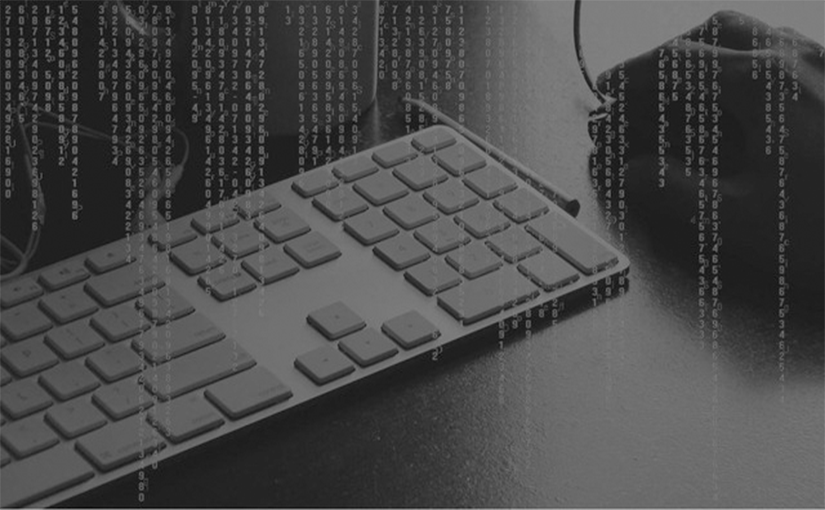
This week, BizBrolly Solutions helps take a closer look at Cybersecurity and ways to keep you safe.
There is so much tension around the internet in recent times about safety and privacy. As there has been an increasing development on the technology side, there has also been an increasing rise in the need for safety.
How do you define Cybercrime?
Internet crime is a crime is one that is committed on the Internet, using the Internet and all by the means of the Internet. Essentially, it is an offence that is committed using a computer, network or hardware.
These crimes entail a wide spectrum of illegal internet activities within the World Wide Web like— phishing, credit card frauds, bank robbery, illegal downloading, industrial espionage, child pornography, kidnapping children via chat rooms, scams, cyberterrorism, creation and/or distribution of viruses, spam and so on. All such crimes are computer related and facilitated crimes.
Sure, there is no guaranteed way for anyone in the work to be completely secure, there are definitely some smart ways to find yourself on the better side of cybercrime.
It is one of the first things one must absolutely know about when that get into any activity on the internet. Sure, it is lengthy and tedious to read through, and you blindly accept and agree with the terms, because at most times—there is no other option—however as citizens of an interconnected world, we must educate ourselves to be better aware of what we allow multinational corporations to do with your information.
Despite small-business budgets and challenges, finding ways to save is always going to be a priority for small-business owners. However, for most people, we wouldn’t risk driving a car without wearing a seat beat—so, why would you risk the same with your internet devices. Be sure to secure them with passwords and regularly change them to avoid hackers into your account.
Use encryption for your most sensitive files such as tax returns or financial records, make regular back-ups of all your important data, and store it in a different location.
This does not mean your social media presence—because, that dear readers is a completely different ball game. What we mean is for you to be aware of what you do and your presence when you connect callously to public Wi-Fi networks and free café hotspots. Remain super alert.
While these access points are convenient, they are far from secure. Avoid conducting financial or corporate transactions on these networks.
BE SAFE, EVEN ONLINE!